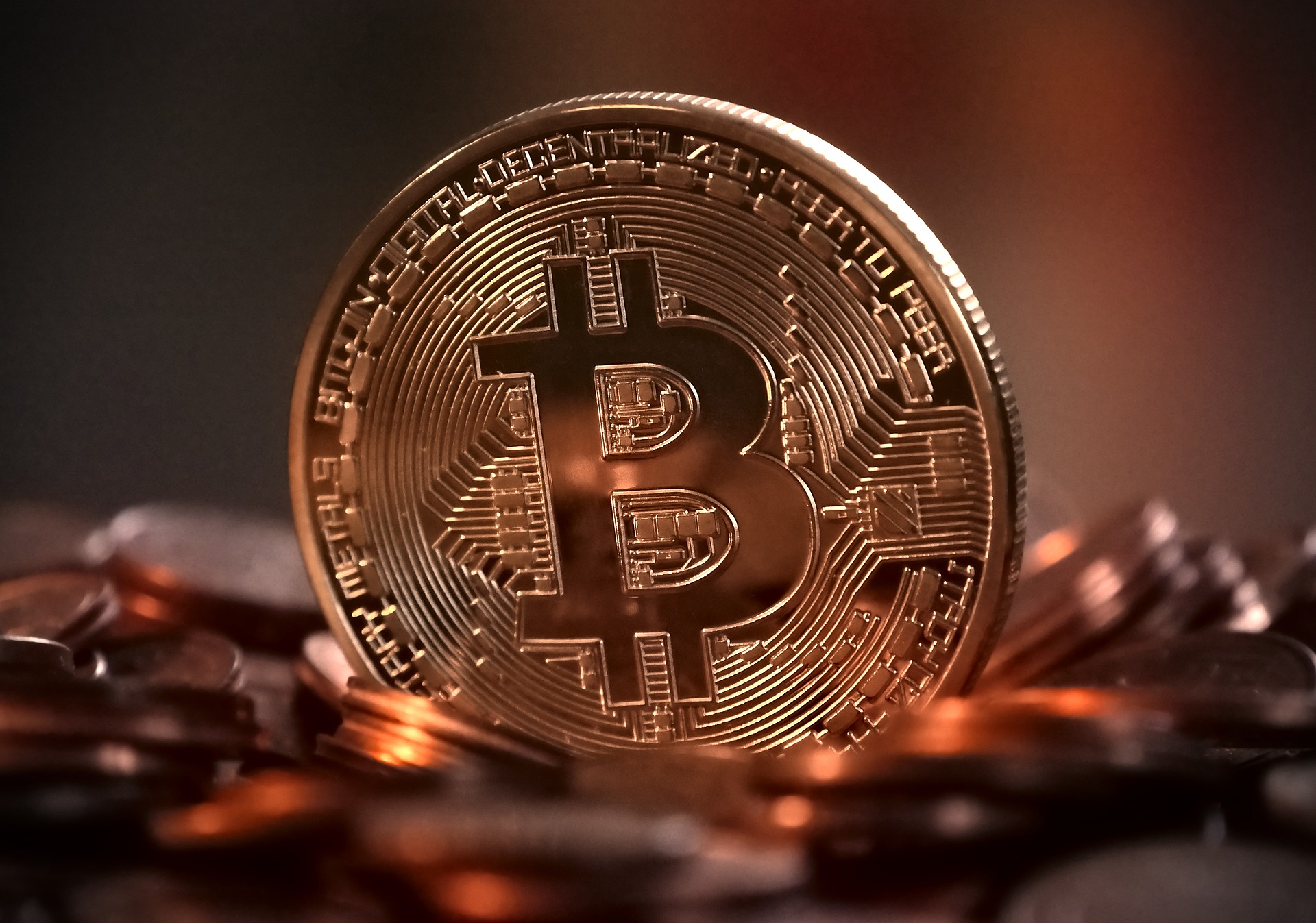How To
How to learn about Bitcoin without actually investing in it

- May 22, 2018
- Updated: July 2, 2025 at 6:28 AM

Depending on who you ask, Bitcoin is either a worthless passing fancy or an existential threat to the Federal Reserve and the rest of the banking industry.
One thing’s for certain: There’s a learning curve attached to this exciting new form of doing business. And before you start investing “real” money in the Bitcoin craze, you’ll want to find out everything you can about how it works and what to expect from your experience.
Here are five ways you can begin your self-education on the promise and the perils of investing in Bitcoin without actually investing in Bitcoin.
1. Take an Online Course
People spend many years at university learning how to handle money and invest in the business practices that make global finance possible. So? Don’t expect to understand Bitcoin overnight either.
Short of taking a university class, versions of which are proliferating faster than you probably expect, there are online courses available that can teach you about Bitcoin and help you make informed investment decisions.
One such course, called “10 Days of Bitcoin,” is a ten-day-long, email-based training series intended to introduce users to, in their words, “the most exciting technological advancement and financial instrument in recent memory.”
If you seek out a course like this one, be mindful of the course author’s list of credentials — or lack of them. “10 Days of Bitcoin” was written by a software engineer, app developer and founder of a startup that was purchased by a Fortune 500 company.
2. Read a Book
Contrary to the rumors, the print industry is alive and well. Even so, books might not have been your go-to source of knowledge when Wikipedia is so handy. But Wiki won’t help you become a smart investor.
Books are some of your best allies if you want to really understand the implications of decentralized currencies and comprehend, on an intuitive level, why they’re so simultaneously promising and volatile.
Books like “Mastering Bitcoin,” “Cryptoassets” and several others explain in great detail the historical relevance of Bitcoin, explore in layman’s terms the technology that powers it and generally helps fill in some of the knowledge gaps that upstart Bitcoin investors should probably know before they dive in head-first.
3. Listen to a Bitcoin Podcast
Unlike an online course or a book, which can take some effort to update as new developments warrant, podcasts frequently arrive in weekly or possibly fortnightly installments.
This process puts you closer to the “action,” as it were, and gets you closer to some of the thought leaders who are emerging in this space.
Crypto is changing practically by the day. Look for a cryptocurrency or Bitcoin-focused podcast from, once again, somebody with real-world experience and meaningful credentials.
Just as importantly, find a podcast that’s frequently updated and thorough about providing citations and attributions for the information they provide.

4. Try a Bitcoin Simulator
We’ve all taken our turn playing god or goddess in “Sim City” and “Farming Tycoon” — but did you know there are Bitcoin simulators out there too?
Using them is maybe one of the best ways to really dig into this subject and find out how much of a “virtual” virtual currency mogul you can become before playing for keeps.
It works like this: Using a web or mobile app, simulators like “Bitcoin Hero” and “CoinMarketGame” let you buy and sell cryptocurrencies like Bitcoin, Dash, Ethereum and Litecoin without any real-world consequences.
It might fall short of replicating some of the strong emotions associated with true investing, but this is still a great way to, among other things, train yourself to recognize the ideal times to buy and sell. You’ll find out pretty quickly whether or not you have the instincts for it.
5. Take a College Course
It was probably inevitable: Bitcoin is being taught on college campuses alongside other forms of economic and fiscal theory.
At New York University, a new cryptocurrency class drew so many registrants that the professor had to retain a larger auditorium for the more than 200 students who turned out.
To name just a small handful of schools who’ve implemented, or plan to implement, classes about Bitcoin and crypto, Cornell, Duke and Carnegie Mellon have all put together graduate-level courses designed to educate students on the theory and practice of trading in digital currencies.
Here’s the ultimate point of talking about all of this: Like anything to do with money, there’s a huge amount of information and misinformation swirling around crypto right now.
Whether you’re picking up a book, enrolling in a college course or following a podcast from an authority on the subject, you owe it to yourself to do high-quality research before investing your hard-earned money in Bitcoin or another digital currency.
It could absolutely be worth it in the long run — but you have to know what you’re doing.
Curious what apps our Solutions community favors to learn and track cryptocurrencies? See what they recommend here!

Everything you ever wanted to know about Bitcoin (but were afraid to ask)
Read NowYou may also like
 News
NewsSilent Hill f brings a huge update
Read more
 News
NewsThe best action director in Southeast Asia teamed up with RZA and Bob Odenkirk to make this sequel that managed to double its budget worldwide
Read more
 News
NewsIt made 400 million at the box office thanks to its release in China and now it arrives on HBO Max to show why The Planet of the Apes remains an important franchise
Read more
 News
NewsNot even being the CEO of Nintendo America does the American company send you a free Switch 2
Read more
 News
NewsThe creators of John Wick unknowingly copied one of the most famous movies of Keanu Reeves
Read more
 News
NewsIf you want to save on your home electricity, we have a trick: install a Minecraft server in a light bulb
Read more
